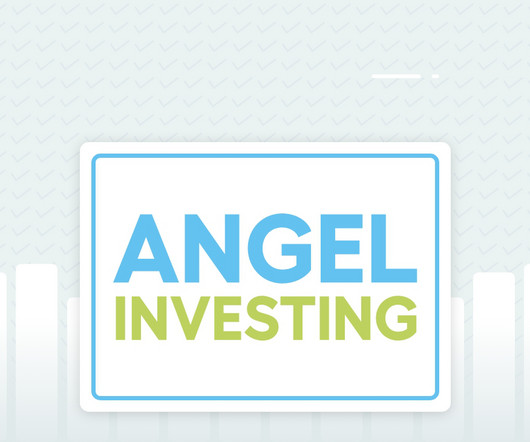Startup Taxes and Handling Early Money
Gust
FEBRUARY 4, 2025
In the turbulent journey of entrepreneurship, dealing with taxes seems the furthest of priorities, however, understandingjustenough of the intricacies of taxes and accounting can save you a lot of hassle and money. In Q1 we do a lot of extra programming around tax and compliance to help founders find the balance between preparedness and growing the business.








































Let's personalize your content